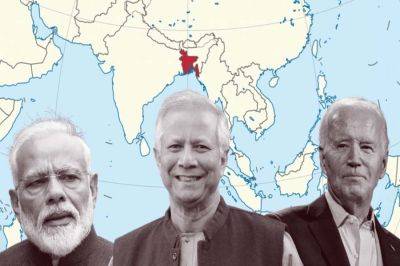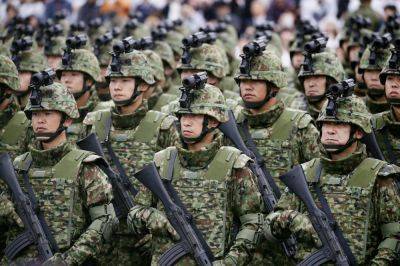Why do we need bipartisan diplomacy?
September 27, 2024
SEOUL – In diplomacy, the national interest should be the highest priority. Yet, a country’s internal political dynamics can significantly impact its ability to engage in diplomatic issues effectively. The recent controversy surrounding the bid for the Czech nuclear power plant becomes a case study of how internal political strife can undermine diplomatic efforts.
The blame game between the ruling and opposition parties in South Korea reflects a lack of bipartisan cooperation in diplomacy. The opposition party accuses the government of trying to win the contract through the tactic of “dumping” — offering an abnormally low price. President Yoon Suk Yeol rebuts this accusation, dismissing the claims as baseless. However, the back-and-forth between the ruling and opposition parties highlights a deeper issue: the damaging effect of partisan infighting on the nation’s diplomatic efforts.
The recent controversy is not an isolated incident. South Korea has a history of domestic political struggles spilling over into its diplomatic efforts. One notable example occurred at the end of the Moon Jae-in administration in 2021. At that time, there was a desperate diplomatic push to adopt a declaration of an end to the Korean War — a move that could initiate a groundbreaking peace process in the Korean Peninsula and that requires the positive cooperation of the US.
At that time, the government and the ruling Democratic Party were making a lot of diplomatic efforts to secure the support of the US, sending delegations to Washington to persuade key American figures. However, these efforts were complicated by the actions of the then-opposition party, the People Power Party. While the ruling party members were trying







